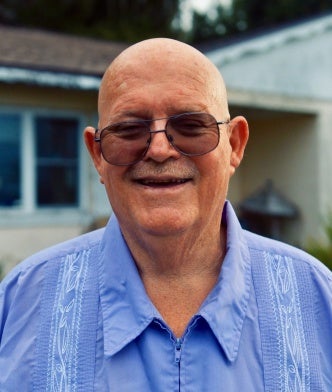- The Fee Is Free Unless You Win®.
- America's Largest Injury Law Firm™
- Protecting Families Since 1988
- 20 Billion+ Won
- 1,000+ Lawyers Nationwide
Free Case Evaluation

Defective Products
When you buy a product, you expect that it’ll work properly — not that it would hurt you. But that’s not always the case. Whether it’s a faulty airbag, an explosive e-cigarette, or inadequate earplugs, sometimes products do fail, and cause harm.
When that happens, you deserve compensation. Moreover, you need to hold the manufacturers responsible. That’s where we come in.
If you or a loved one has been injured by a defective product, call us for a free consultation. We may be able to help you in the fight for compensation.
How it works
It's easy to get started.
The Fee Is Free™. Only pay if we win.
Results may vary depending on your particular facts and legal circumstances.
Step 1
Submit
your claimWith a free case evaluation, submitting your case is easy with Morgan & Morgan.
Step 2
We take
actionOur dedicated team gets to work investigating your claim.
Step 3
We fight
for youIf we take on the case, our team fights to get you the results you deserve.
FAQ
Get answers to commonly asked questions about our legal services and learn how we may assist you with your case.
How Defective Products Do Damage
Consumers rightfully expect that if they use products properly, they shouldn’t cause harm. However, sometimes manufacturers or sellers fail to fulfill that promise. There are a few ways defective products can cause damage:
Product not performing: When a product doesn’t perform as expected, that can be dangerous, especially when it’s a product we rely on for safety.
Sudden product failure: A product that suddenly collapses, breaks, or explodes in an unexpected way. Insufficient consumer education: If a product doesn’t come with sufficient instruction and warning on how to operate, maintain, and store it, the consumer may make a dangerous error.
We’ve seen numerous cases of dangerous product failure, from exploding Takata airbags to faulty earplugs used by the U.S. military.
The Fight For Compensation
If you were harmed by a defective product as a result of manufacturer/seller error or negligence, you deserve compensation. Usually, you’d be compensated through a lawsuit against them.
In these cases, victims can expect to receive compensation for some or all of the following:
- Medical expenses
- Lost wages
- Reduced quality of life
- Pain and suffering
It may seem intimidating to go up against major manufacturers or sellers, but with the right legal team on your side, justice can be within reach.
We Can Help
Over the past 35 years, Morgan & Morgan has recovered more than $20 billion for our clients. We are the nation's largest plaintiffs law firm, and we have what it takes to go up against major manufacturers and sellers and win. With over 1,000 attorneys on our side, we are ready to go to trial for you if that’s what it takes.
The best part? You never have to pay a dime unless we win for you. No matter your financial situation, you can afford to fight for the justice and compensation you deserve.
So don’t wait. Call today for a 100% free consultation, and let us fight for you.
Download your FREE copy of
How to Take Action After a Medicine or Product Recall






